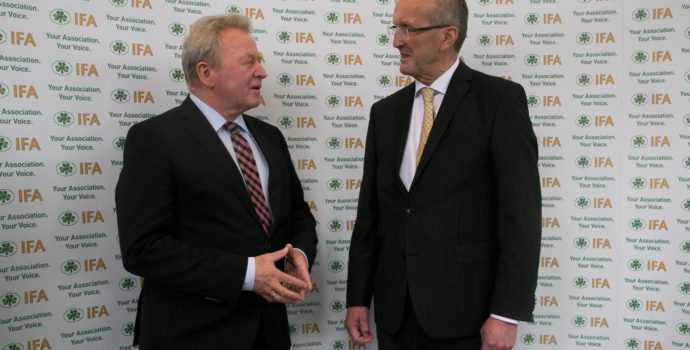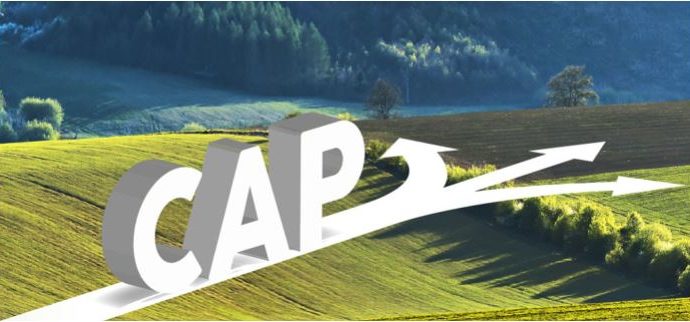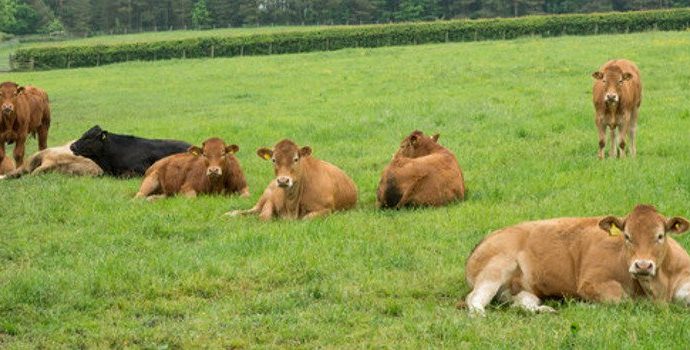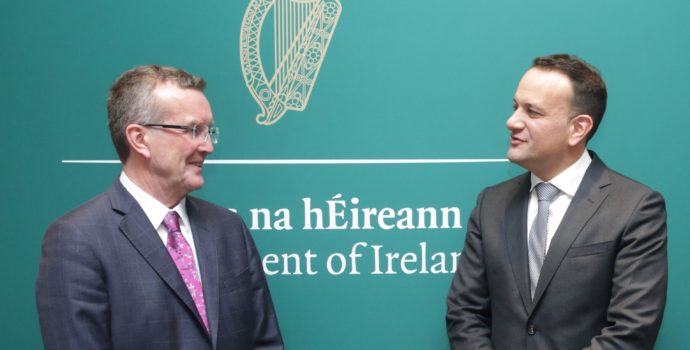EU ‘Farm to Fork’ and ‘Biodiversity’ Strategies Are Unrealistic & Could Push Farmers out of Business
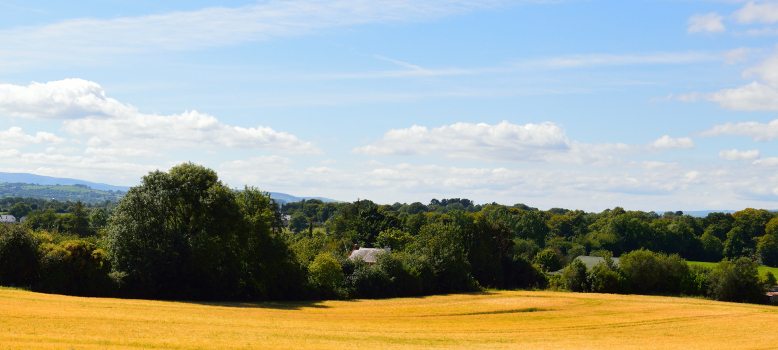
IFA President Tim Cullinan said that many aspects of the EU’s ‘Farm to Fork’ and ‘Biodiversity’ strategies published today by the EU Commission are unrealistic and will make European farming uncompetitive.
“There needs to be a comprehensive economic impact assessment of these proposals by the EU and separately by the Irish Government and Minister Creed. He should ask Teagasc to begin this immediately,” he said.
“The EU Commission is rightly having urgent meetings about stimulating economic recovery after COVID-19, yet these aspirations could make EU farmers uncompetitive and put them out of business. This could decimate economic activity in rural areas in particular,” he said.
“It is not credible for the EU to drive up production costs for European farmers while at the same time looking for low food prices. They want food produced to organic standards, but available at conventional prices,” he said.
“It is likely that farmers will end up paying through higher costs and low prices while retailers will continue to make billions,” he said.
The IFA President said the absence of any commitment on increased funding for farmers shows how deeply flawed this proposal is. “Saddling farmers with extra costs without any increase in CAP funding through the MFF is a complete contradiction to the policy of sustaining farm incomes,” he said.
“The EU wants ever-increasing standards imposed on European farmers, but will do trade deals to import food from other countries which have much lower standards and do not meet EU rules,” he said.
“These EU strategies could be counterproductive as they we will drive European farmers out of business, leaving the EU dependent on these imports and threatening food security,” he said.
Irish and European farmers already work to strict Agricultural and Environmental conditions covering animal welfare, traceability, food safety and the environment. Over 50,000 Irish farmers participate in the Green Low Carbon Scheme (GLAS).
“There is a lack of realism in many of the proposals in these strategies. A fundamental question needs to asked about what input the EU Agriculture Commissioner Janusz Wojciechowski and DG Agri had in drafting them. The Agriculture Commissioner wasn’t even included in the press conference today,” he said.
“One positive is an acknowledgment that farmers deserve credit for carbon they are already storing and sequestering on their farms. Farmers do this through their grassland, crops and hedges which also contribute hugely to biodiversity,” he said.
While there is far too much focus in the documents on ‘plant-based diets’, the review of how the EU can use its promotion programme to support the most sustainable, carbon-efficient methods of livestock production is something that should favour our grass-based system if it’s assessed fairly.
“There is a long road to travel on these strategies. IFA made a submission in the original consultation phase and we will continue to fight those aspects of the strategies which will impact farmer livelihoods,” he said.

